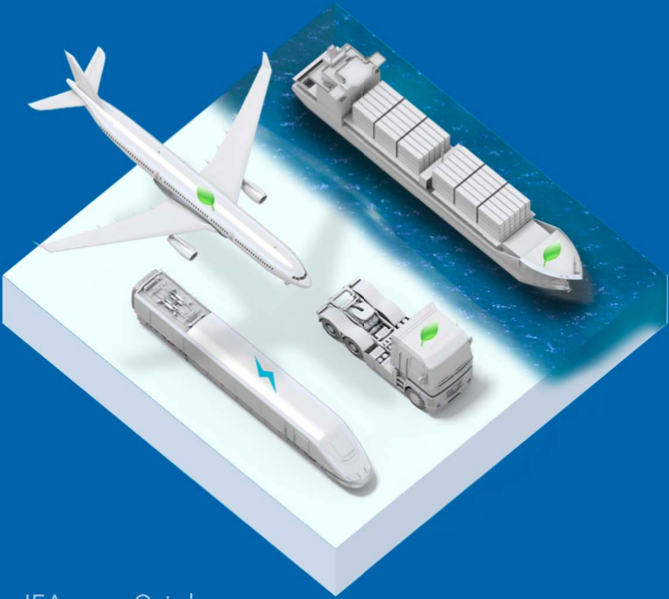
Green Fuels workshop, IEA Paris
The International Energy Agency convened a workshop on 21-22nd of October 2019 for the Experts´Group on R&D Priority-Setting and Evaluation (EGRD) focusing on green fuels for the transportation sector. EGRD…
The International Energy Agency convened a workshop on 21-22nd of October 2019 for the Experts´Group on R&D Priority-Setting and Evaluation (EGRD) focusing on green fuels for the transportation sector.
EGRD supports the Committee on Energy Research and Technology (CERT), feed into IEA analysis, and enables a broad perspective of energy technology issues.
Nordic Energy Research was represented by Svend Søyland providing an overview of various types of current and future fuels for maritime transport: “Black – Gray and Green Marine Fuels”.
While the full decarbonization of the power system may be manageable, a direct shift to electricity may be difficult or very costly for example in maritime transport and aviation or various industrial processes. Electricity can be used to generate different energy carriers, including synthetic gas and liquid fuels. Power-to-gas and power-to-liquids solutions could become an opportunity to decarbonize the energy sector, in line with the increased volumes of low-carbon electricity generation. Other promising low-carbon fuels are advanced biofuels, provided that production does not lead to increased emissions from direct or indirect land-use changes (LUCF and ILUC). Biomass could become a replacement for fossil fuels in transport since it can be converted to high-density fuels and can be used in current infrastructure and with all types of ICEs installed in all transportation modes.
The workshop addressed the following questions:
- What is the global outlook for alternative fuels in a low-carbon energy system?
- What is the trade-off between electrification of the energy system and the request for alternative fuels in sectors difficult to electrify?
- Do power-to-x technologies out-rule biogas and –fuels?
- How does the use of Power-to-x technologies influence the efficiency of the energy system?
- What are the technological challenges, risks, and co-benefits of alternative fuels?
- What are the specific advantages and disadvantages of different energy carriers and which carrier is most adequate for which end-use sector?
- How can RD&D policies accelerate affordable, effective and environmentally friendly alternative fuels?
Link to some of the presentations are located here: Presentations
